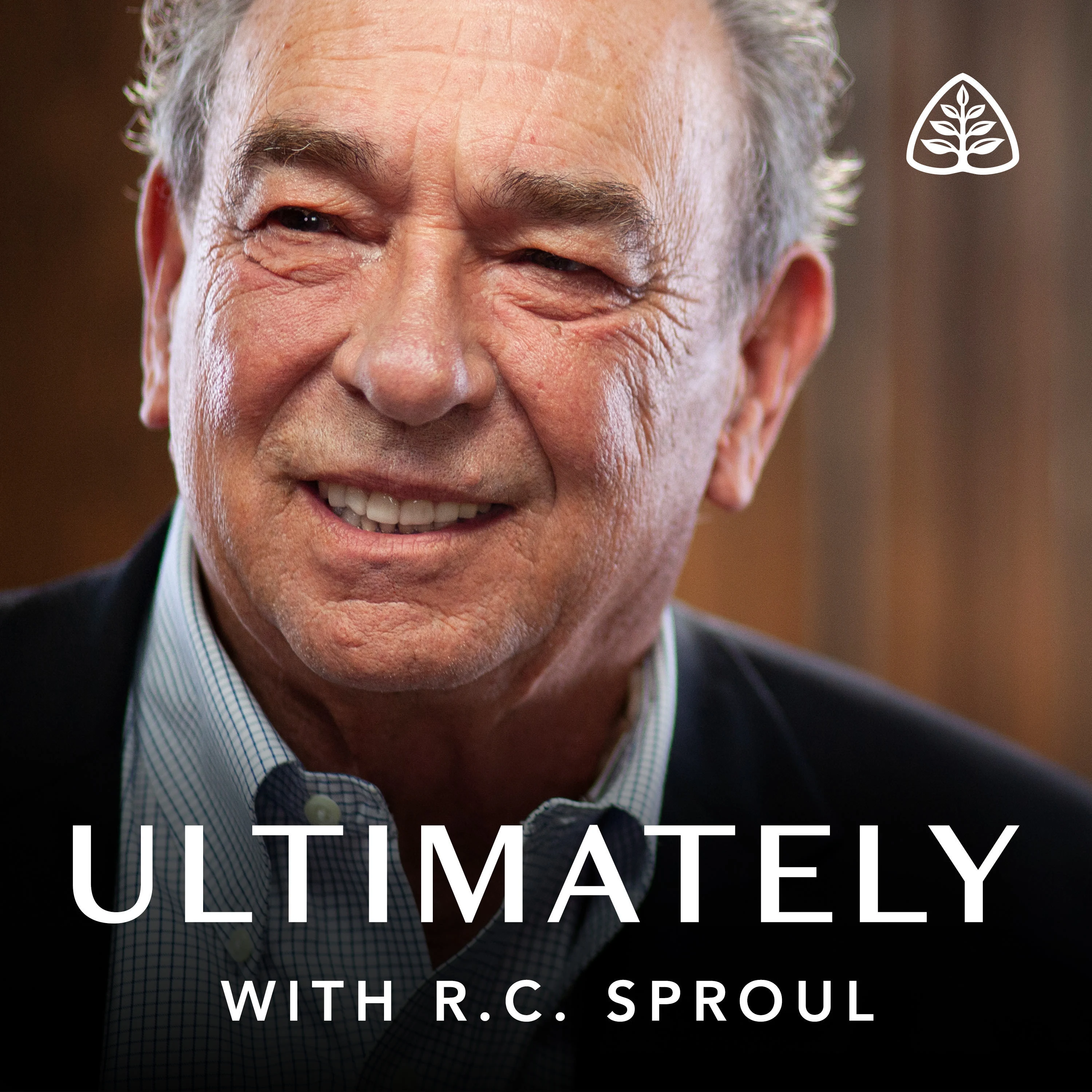Loving God’s World

How can Christians love the world yet simultaneously deny worldliness? Today, R.C. Sproul demonstrates how we can find this balance by seeking to obey Christ in everything we do.
The first stage of my conversion to Christianity involved a radical denial of this world—an attempt to live a life of pure spirituality, in which I shunned this world and said no to it in every dimension. But I don’t think that Christian maturity came into my own life until I went through the second stage of conversion, where now in the context of grace, in the context of a relationship with Christ, I could embrace the world again—that grace does not destroy nature, it fulfills it, that Christ came into the world not to destroy the world, but to redeem the world, that the sacred, you see, does not destroy the terrestrial sphere, it transforms it so that a Christian now, in his maturity, should be able to not say, “I hate the world.” He hates worldliness. He hates the spirit of this world. He hates the antipathy of this world to the things of God. He hates the rebellious character of this world to the things of God, but he does not hate the creation.
The Christian is one who lives his entire life coram Deo, in the presence of God, and out of love for God and in obedience to God, being able to go out and say yes to planting things in the field and seeing the fruit of your labor. Say yes to the beauty of the dance or the athletic event done in obedience to Christ. The Christian can love music. He can love art. He can love drama. He can love working with his hands. He can love all these things as part of the creative sphere when it is done in submission to the King. In a word, he embraces nature afresh.
And when Christianity comes into the world, it was on a collision course with the Greek world that said no to this world, that wanted to spiritualize everything, to eternalize everything. But you see, what God does is He never allows us to do that because He constantly goes to nature, sanctifies, consecrates, says: “I’m not going to exist to you simply in an abstract, spiritual, mystical, intuitive plane. I’m not even going to simply just verbalize with you, but I’m going to communicate with you in physical terms, in concrete ways.”
See, He’s the God of the embrace, who so demonstrates the physical dimension of His communication that He becomes incarnate. Don’t you see that the incarnation is the culmination, the zenith of every sacrament? The Word became flesh. I don’t get excited about ideas as a Christian. Our excitement grows out of response to what God has done in time and space in the flesh, in Jesus Christ.
And throughout the Bible, God calls attention to these physical things. Noah is saved from destruction. The first thing that he does when he’s finished getting off the boat: sets up an altar. He marks that spot. He makes it sacred. He makes it special. God instructs the building of a temple. God instructs the building of a tabernacle. God instructs all this elaborate ritual in the old covenant situation to be sure He brings a new covenant where the temple is not made with human hands.
But in the context of the new covenant, He does not despise the concrete. He goes through elaborate procedures of foot washing. Jesus takes the children and He puts His hands upon them and blesses them. He invites Thomas to put his hands into His hands, to feel Him. And then He sets up concrete signs for real experiences of people that are not just mystical experiences with no meaning, no content, but are inseparably related to the content of a promise.
And that’s why we have sacraments in the church: not because the sacraments say anything new; they confirm, they sign, they seal it, what God has promised.
Recent Episodes
No Such Thing as a Neutral Education
February 20, 2026|Education
We Must Obey God Rather than Men
February 18, 2026|Ethics
Trust God’s Promises, Not Your Passions
February 16, 2026|Life Issues
Why Humanism Fails
February 13, 2026|Opposing Worldviews
God Needs Nothing
February 11, 2026|The Nature of God
Since God Is Sovereign, Why Evangelize?
February 9, 2026|Evangelism and Missions
